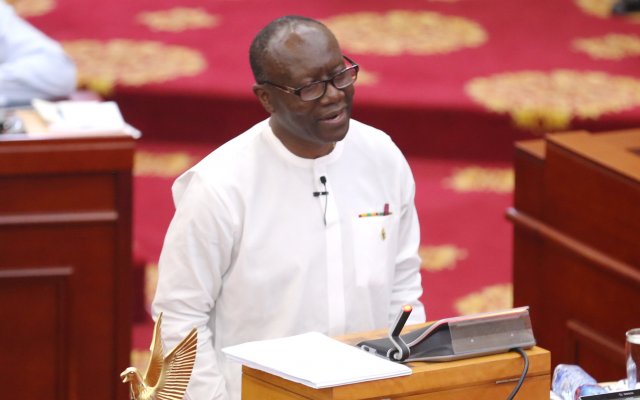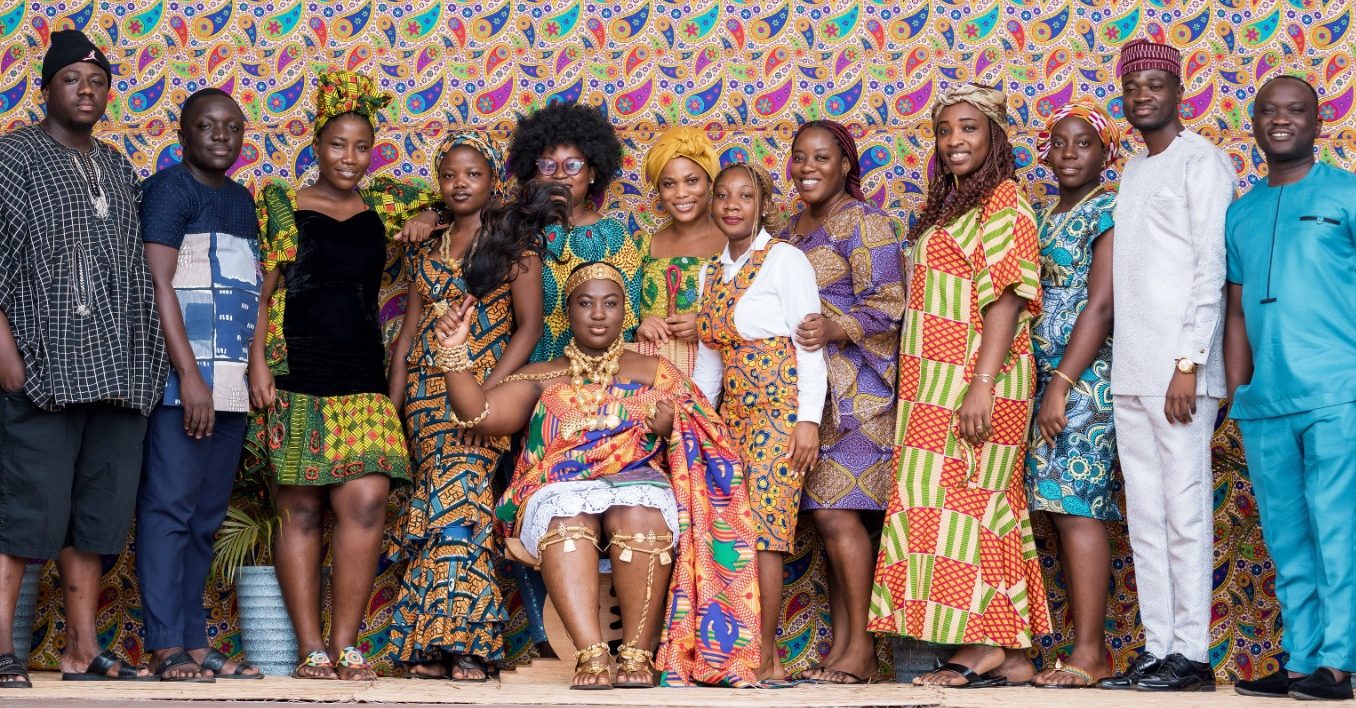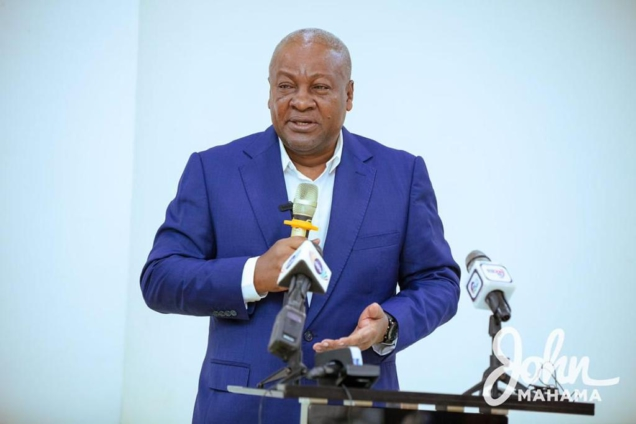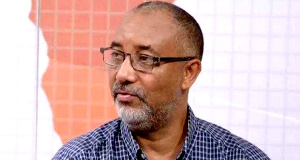Cedi now world’s best performer – Report
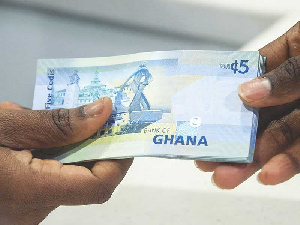
The gold – cocoa – and oil producer is just an inch away from getting board approval from the IMF for a US$3-billion extended credit facility to boost her economic credibility.
This would enable the country to regain access to the international capital market to borrow more to boost economic productivity.
Ahead of the anticipated IMF Board approval after Ghana recently secured financing assurances for the restructuring of her US$5.7 billion external debt, foreign investors appear to be looking favourably to the country.
The cedi has also advanced 33% since November, the biggest gain among about 150 currencies tracked by Bloomberg.
Also, Ghana’s dollar bonds have delivered a strong performance, providing investors with a return of almost 12%, more than the 3.6% average for emerging and frontier peers in a Bloomberg index.
Ghana anticipates the disbursement of “the first tranche of US$600 million will come immediately” when the IMF board meets on Wednesday, 17 May 2023, Minister of State for Finance Mohammed Amin Adam said earlier this week.
The next US$600 million will follow in November, with the remainder to be disbursed in equal portions of US$350 million every six months, subject to IMF reviews, he said.
The cedi strengthened for a fourth day, to 10.95 per dollar by 9.57am in Accra.
“On the back of positive sentiment and if the authorities receive the first tranche of funding, the cedi is likely to also see gains in the coming days, to trade at levels below 10 against the dollar,” said Daniel Kavishe, an Africa economist at Rand Merchant Bank, in a note to clients.
“A similar reaction seen in other markets that have received an IMF programme that has coincided with an immediate disbursement of funds.”
An IMF spokesperson confirmed a Wednesday board meeting, but said the lender would not be able to comment on amounts to be received until the meeting takes place.
The IMF funds will help restore Ghana’s foreign-exchange reserves.
They have dropped by nearly 50% from a peak in August 2021 as the central bank used them to help ease the pressure on the cedi, which came under significant selling pressure after the country defaulted on its debt, Kavishe said.
Ghana is using the Group of 20’s so-called Common Framework to restructure its debt as part of measures to secure the IMF programme.
The mechanism seeks to improve coordination between the traditional Paris Club of sovereign creditors and new ones like China, now the biggest lender to emerging nations.
Zambia and Ethiopia are also using the framework to try to revamp their liabilities.

